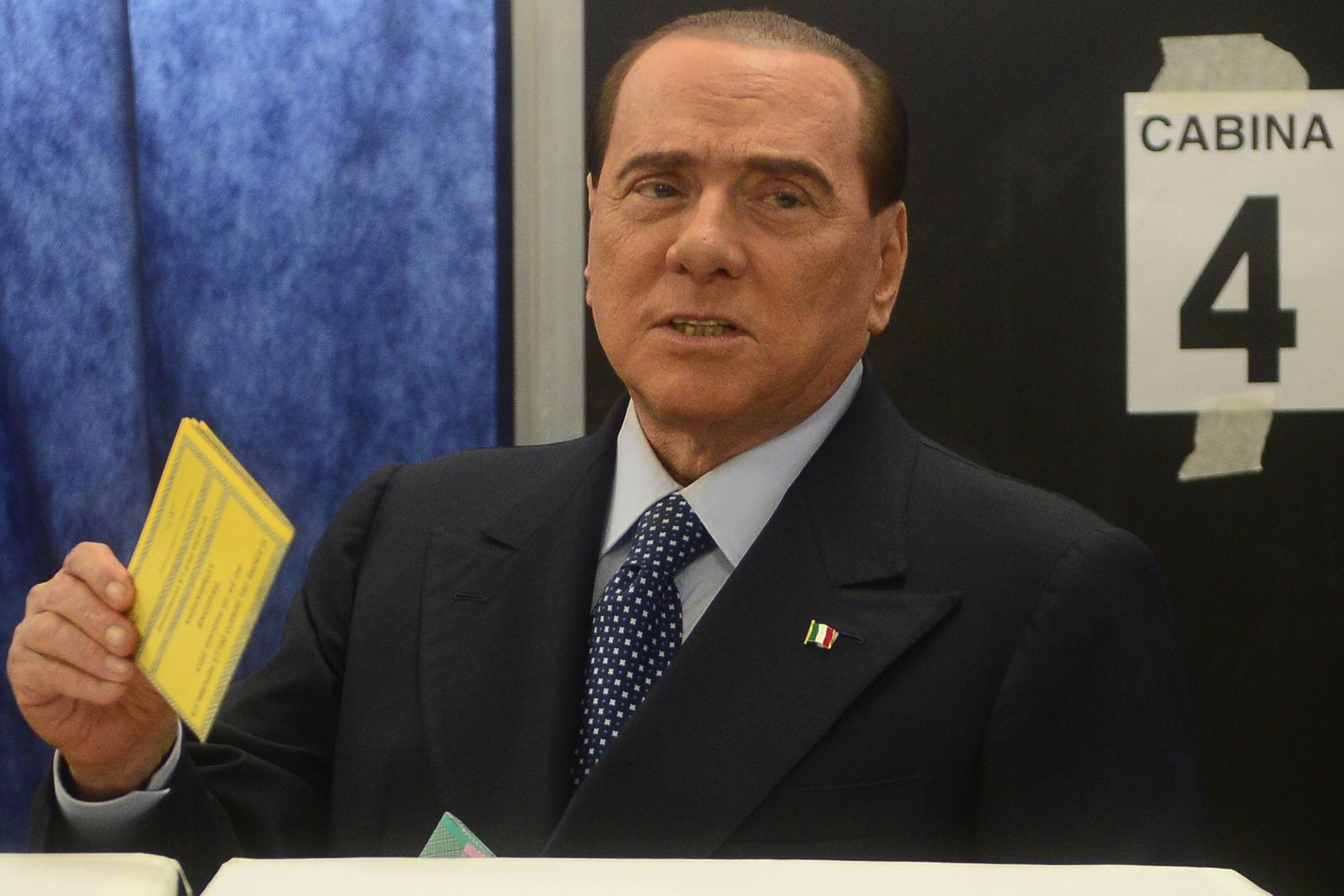Today’s Italian election looks very likely to send international financial markets into turmoil. That’s in part because of how Italians voted but largely reflects the country’s institutional structural.
Italy, like the United States, is a bicameral system in which both the upper and lower houses have meaningful power. Unlike the United States, it’s also a parliamentary system. But unlike most parliamentary systems, the prime minister and Cabinet need to have the confidence of both houses of parliament to govern. The way Italian election law works, the plurality winning party gets a big bonus in the lower house, assuring it a working majority. (See here for details.) But in the upper house, this is done regionally. The party that wins a plurality in any given region gets 55 percent of that region’s upper house seats. The current election has four major parties running national campaigns (Bersani’s left, Berlusconi’s right, Monti’s respectable center, and Grillo’s populist center) plus the regional Northern League party. So depending on tactical voting considerations and the geographic distribution of votes, the actual outcome in the upper house can swing wildly based on very small shifts in underlying preferences.
Heading into the elections, everyone’s been assuming that the center-left Italian Democrats will win a plurality of votes for the lower house and thus secure a majority of the seats. The question has been whether they can also secure a majority of seats in the upper house, or will they need to form a coalition with Mario Monti’s small centrist party. But now initial reports are making it look like we might see a train wreck, in which the Democrats control the lower house and Silvio Berlusconi controls the upper house.
In America that kind of situation leads to gridlock. In Italy, it’s worse—it’ll mean you can’t form a Cabinet at all. Meanwhile, the country is still operating under the watchful eye of a European Central Bank that removed Berlusconi from office last time and clearly wants Italians to return a Bersani-Monti coalition. If they end up in a state of Berlusconi-induced stalemate, you can expect the whole eurozone bond crisis to boil back up again.
